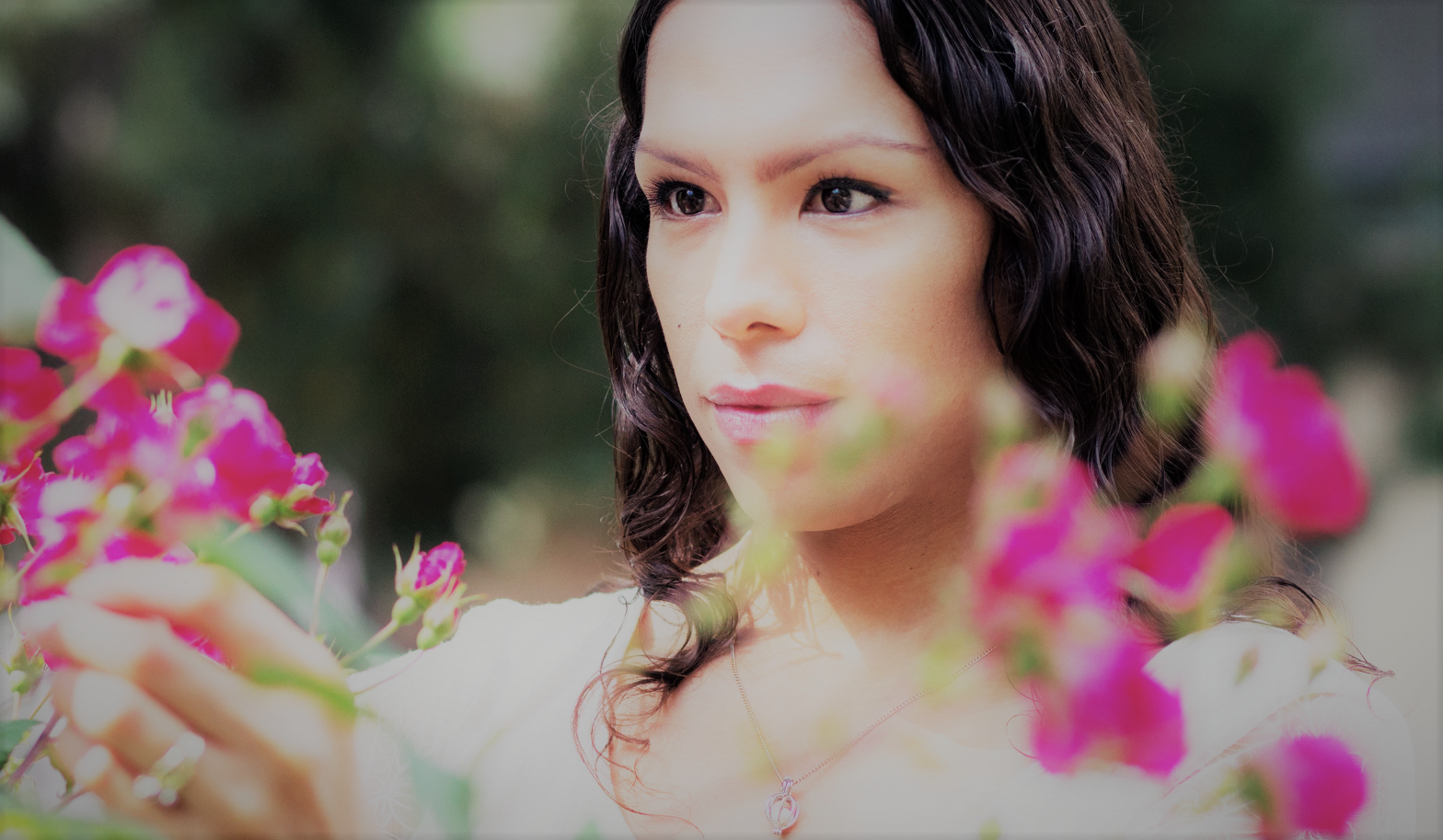User blogs
Two-spirit is a gender that is found in only North American who fulfills one of many mixed gender roles found traditionally among many Native Americans and Canadian First Nations indigenous groups. The mixed gender roles encompassed by the term historically included wearing the clothing and performing the work associated with both men and women. This English term emerged in 1990 out of the third annual inter-tribal Native American/First Nations gay/lesbian American conference in Winnipeg.
A direct translation of the Ojibwe term, Niizh manidoowag, "two-spirited" or "two-spirit" is usually used to indicate a person whose body has a masculine spirit and a feminine spirit. The term can also be used more abstractly, to designate the presence of two contrasting human spirits or two contrasting animal spirits (which, depending on the culture, might be Eagle and Coyote). Will Roscoe writes that male and female berdaches have been "documented in over 130 tribes, in every region of North America, among every type of native culture."The term berdache was coined by western anthropologists and used until the late 20th century, mainly to describe feminine Native Americans assigned male at birth.
The term is however inaccurate and can nowadays be considered offensive. Non-natives who use this identity are often accused of "appropriating Native culture." The history of two-spirits among Indigenous American culture dates back thousands, of years and has been documented in more than 130 North American tribes. Throughout history, a person who was recognized as two-spirit was someone who identified with both male and female gender roles, and so two-spirit is essentially a third gender recognized in Indigenous cultures.
The perspective among Indigenous Americans was that having this third gender was a strength their society benefited from. In the Zuni culture, a person's gender was not assigned at birth but was grown into 3 or 4 years of age. Two-spirits were not thought of as just a man or just a woman but as embodying characteristics of both genders in a single person, making them a more whole human being.

This Two-Spirits encourages the belief that, by avoiding the pressures surrounding an individual, they are capable of establishing their own identity. This identity for native Two-Spirit individuals arises from an acceptance of their native cultural values and a rejection of Western values. This rejection specifically applies to Western conventions regarding race and sexual identity as the Two-Spirit person’s identity is maintained by their sexual orientation as both male and female and their commitment to their culture or ethnicity.
